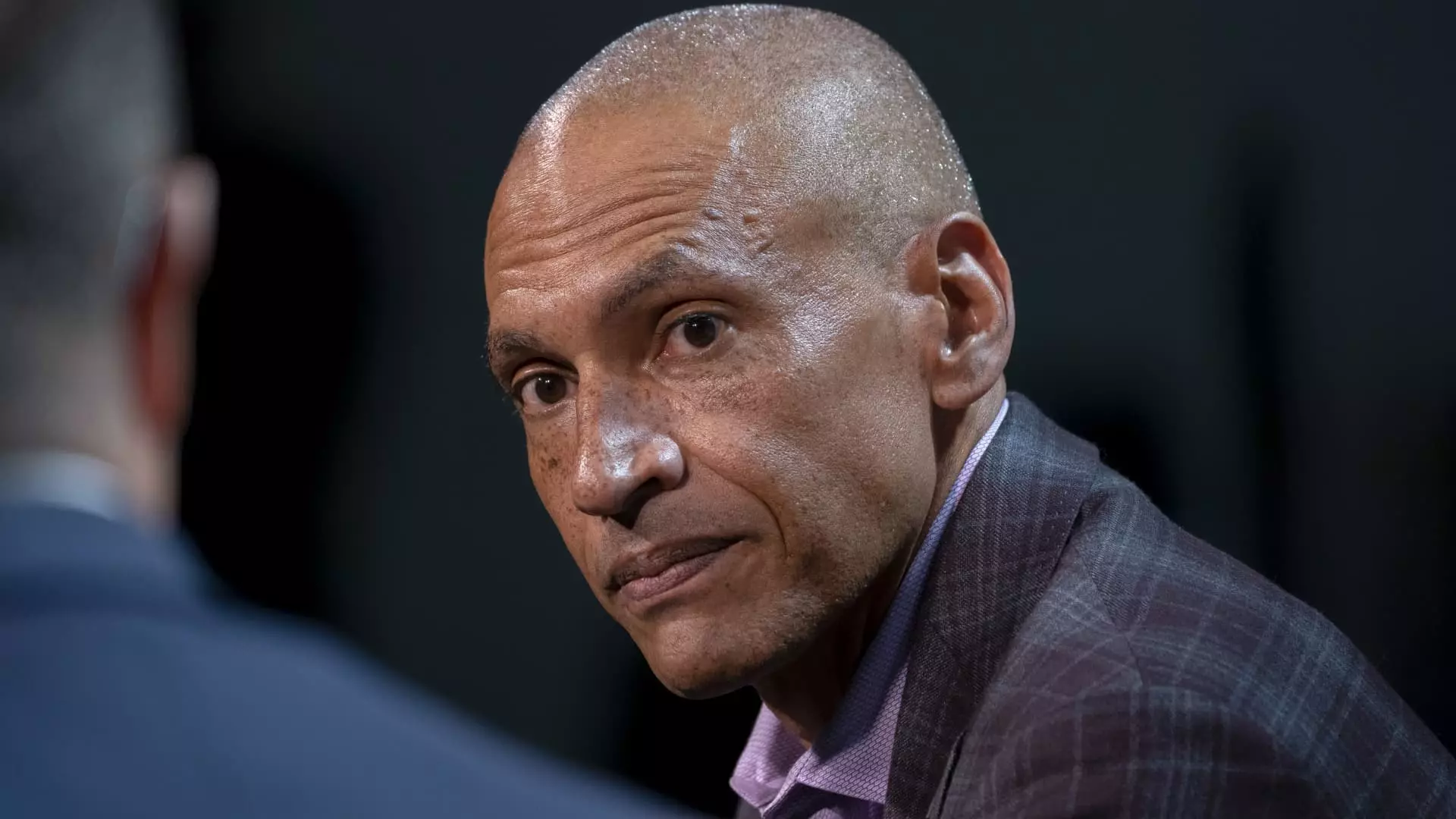Chris Young’s recent resignation from his position as Microsoft’s head of business development marks a significant turning point for the tech giant. His tenure, lasting approximately four years, saw pivotal developments, particularly the notable acquisition of Activision Blizzard, which stands as Microsoft’s largest acquisition to date at $68.7 billion. The announcement of Young’s departure came via a regulatory filing, indicating a departure that was likely well-considered but sudden nonetheless, as the company is yet to name a successor for his influential role.
Joining Microsoft in 2020 from McAfee, where he served as CEO, Young was no stranger to the complexities of large-scale business maneuvers. His leadership experience extended from his previous roles at Cisco and RSA, providing him with a broad spectrum of expertise in technology and business operations. At Microsoft, Young was not just a part of the senior leadership team; he was an integral voice, collaborating closely with CEO Satya Nadella and CFO Amy Hood on strategic initiatives that shape the company’s trajectory.
One notable aspect of Young’s role was overseeing the M12 corporate venture capital unit. Under his guidance, M12 made significant investments in innovative startups, demonstrating Young’s commitment to fostering new ideas and entrepreneurship within the tech landscape. His vision led to M12’s 2023 pledge to synchronize more closely with Microsoft’s core operations, ensuring a streamlined support system for its portfolio companies.
Beyond financial and strategic contributions, Chris Young’s impact on corporate culture, particularly regarding diversity and inclusion, cannot be overlooked. As one of Microsoft’s prominent Black executives, he advocated for meaningful conversations around diversity in technology—a critical conversation that resonates even more in today’s corporate environment. While many other tech giants, such as Amazon and Meta, have scaled back their diversity initiatives, Young championed the need for these programs, emphasizing their importance in shaping a progressive and inclusive workplace.
As Microsoft navigates this leadership transformation, the absence of Young raises questions about the strategic direction the company will take. His involvement with major partnerships, such as the collaboration with OpenAI and content deals with Netflix, has been pivotal in positioning Microsoft at the forefront of technological advancement. The challenge for his successor will be to not only maintain these partnerships but also innovate further within the realms that Young helped establish.
Chris Young’s departure signals more than just a change in personnel; it indicates a critical juncture for Microsoft. The company is at a crossroads where it must uphold the initiatives and values he championed while also carving out a new path forward in an ever-evolving tech landscape. The wait for a new leader will undoubtedly involve speculation around the direction Microsoft will take, both in terms of corporate strategy and its commitment to diversity and inclusion in a rapidly changing world.


Leave a Reply